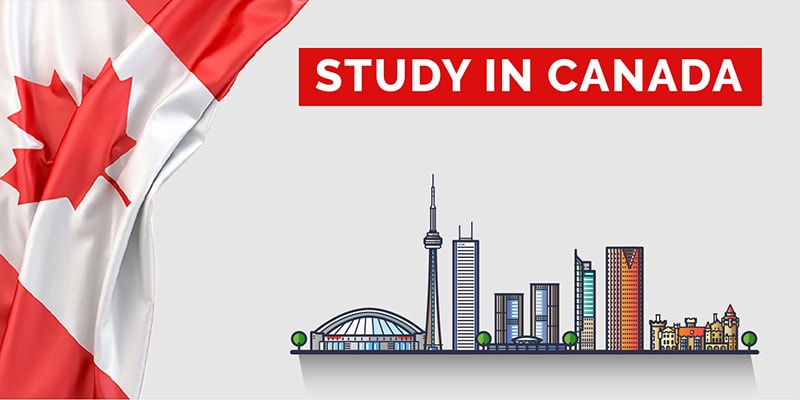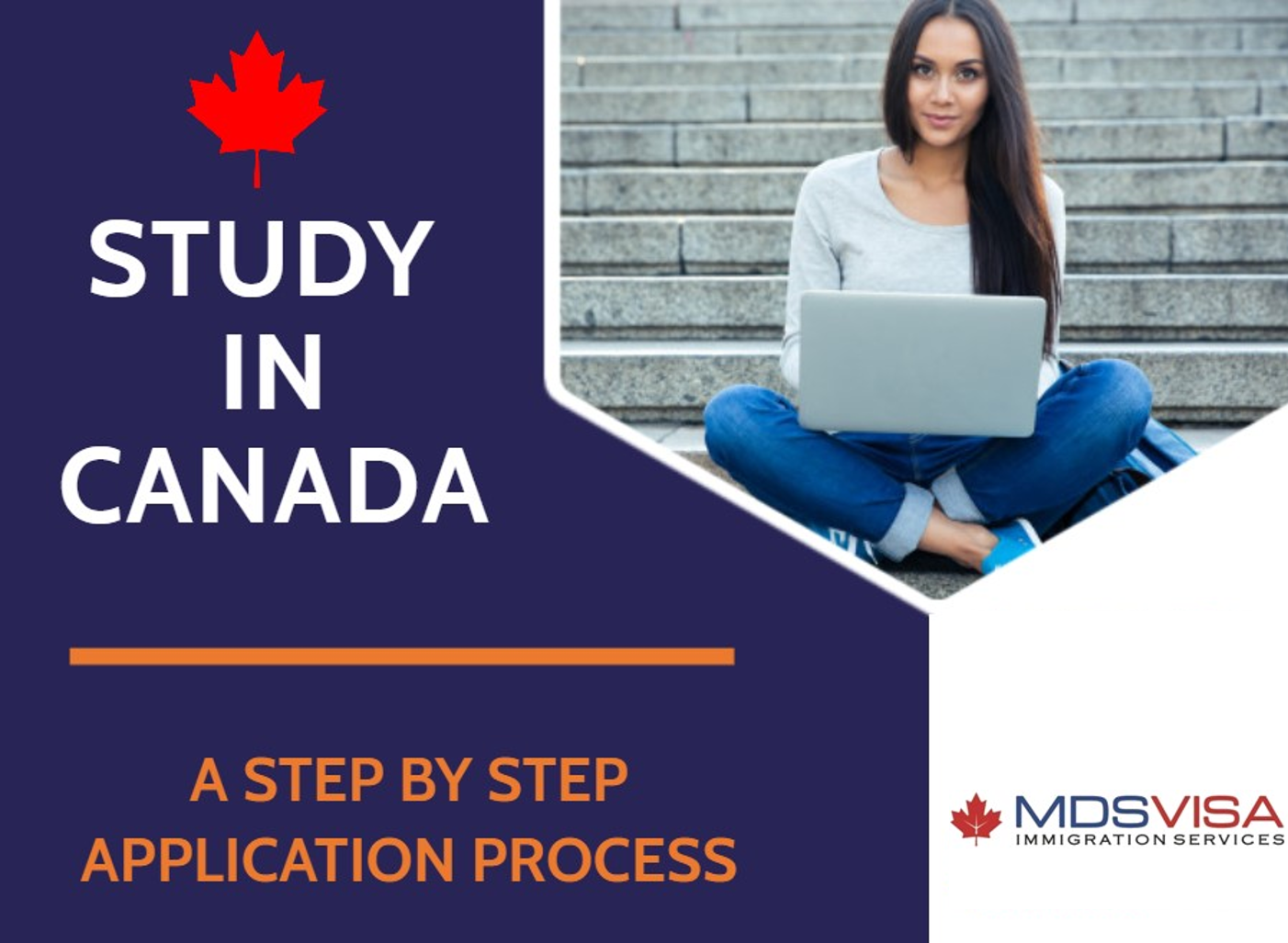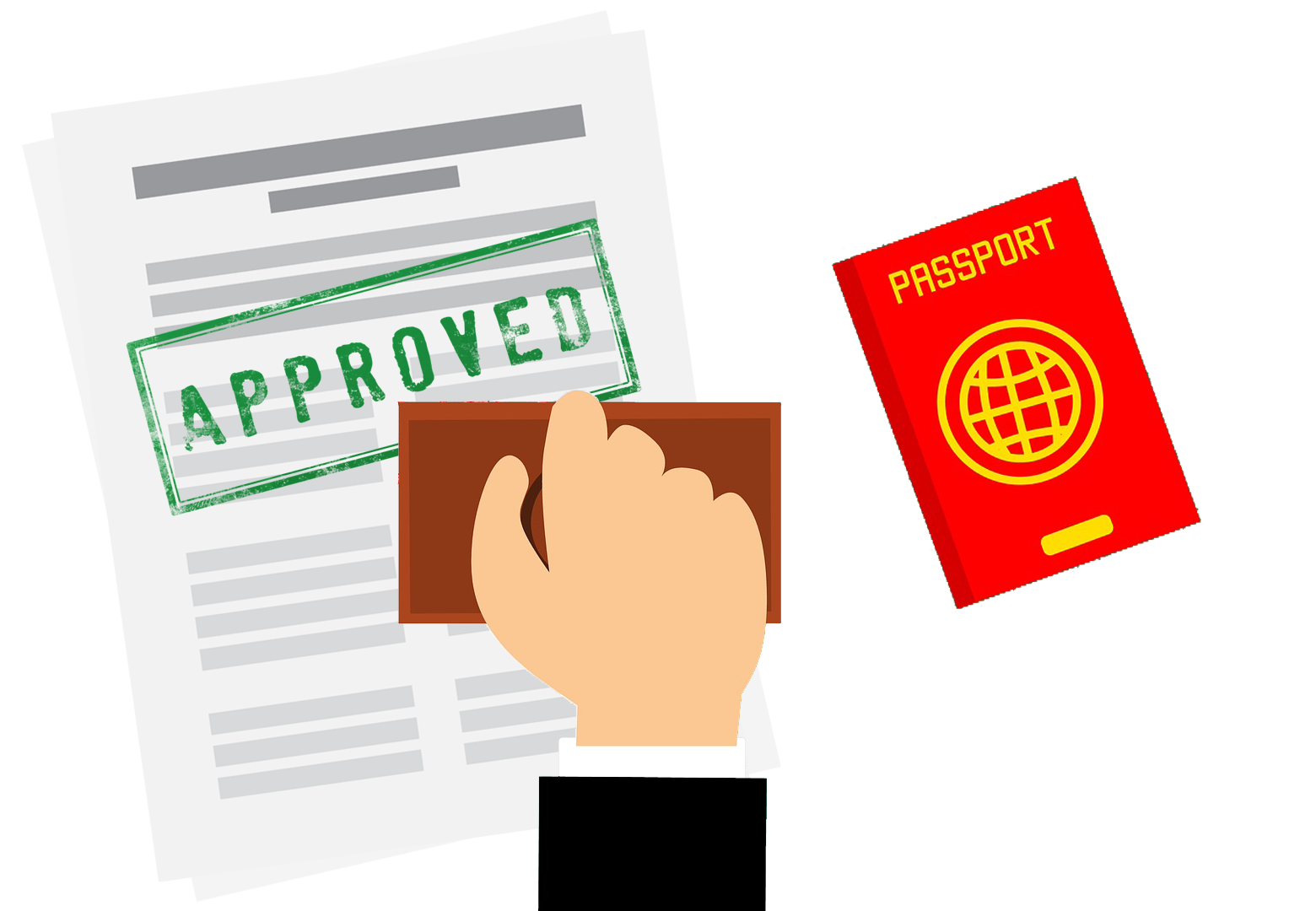452, Tulsi Arcade, Mota Varachha, Surat
Even just the beauty of The Laurentians aptly upholds the title of Canada as the Land of Maple Leaf!
Consistently ranked by the UN as one of the best countries for quality of life, the country welcomes International students to experience the Canadian difference!


Canada is the most educated country in the world with over half the population having qualified college degrees. The Canadian education system rivals some of the best in the world and is taught in both English and French, the two most global languages.
Due to its high GDP spending in the education sector and strong public education systems, student outcomes are of the highest standards. This further has a trickle-down effect carried over to its universities with Canadian degrees, diplomas and certificates being well recognized globally.

Students in Canada are required to stay in school from the age of 6-16 by law, parents can choose to send their children to
Mandatory Elementary education for children starts at age 6 and goes on till 11-12 years.
Secondary education is divided into two levels:
High School is usually 4 years long and is the final section of Secondary Education. Some provinces even offer job training as part of curriculum to equip students with practical knowledge and skills.
Students have the option to learn a trade or a vocation at technical schools and receive a
You will get the opportunity to get mentored by professional and qualified supervisors who will give you exposure to hands-on experience.


In Canada College can be referred to
Students enroll in these colleges to craft themselves for the university they plan to attend and acquire credits to carry forward to their course.
Depending on the course, upon completion Community colleges will award their students with a;
The levels of higher education system for Canada is similar to the US wherein students can sequentially enroll to study and get a
The Public Universities and Colleges are predominantly funded by the provincial government, who is also the main in-charge for running the education system in Canada. Students are only required a pay a minimal tuition fee for attending these institutes.

Here is a brief review of the prevalent study options in Canada across different levels in Canadian dollars:
| QUALIFICATION | DESCRIPTION | DURATION | AVERAGE ANNUAL FEES |
|---|---|---|---|
| Certificates Diploma Advanced Diploma |
Provided by vocational and tech-oriented institutes to students for preparing them with the required skill sets for their aspiring field of industry. | 1-2 years | CAD$7,000-CAD$15,000 |
| Bachelor’s Degree | Undergraduate programs focusing on academic knowledge in a variety of courses across various disciples, armed with an independent and analytical approach. | 3-4 years | CAD$25,000-CAD$30,000 |
| Post Graduate Diploma | Vocational in nature, this qualification aims to develop practical skills of students in a speedy manner. Students can apply after completing their bachelors’ degree preferable in a similar field. It can sometimes be equivalent to a masters’ qualification. | 1-2 years | CAD$20,000-CAD$25,000 |
| Master’s Degree | Postgraduate programs provide a broader view of the subject area and available for coursework as well as research merit. It requires relevant bachelor’s degree from a similar field. | 1-2 years | CAD$20,000-CAD$30,000 |
| Doctoral Degree Higher doctoral degree |
PhD is a premier research award which require a masters’ degree and a pre-approved research proposal by a panel of faculty members for admission. It requires a dissertation submission as well. | 4-7 years | CAD$10,000-CAD$15,000 |

Many institutions offer variety of financial assistance for International students in the form of
It is recommended to check with universities and get a clear understanding of the aids that are applicable to you. With many students applying for monetary support, International students should commence this process a year prior to the intake session.
Canada offers 3 intake semesters for admissions to its colleges and universities;
Depending on the semester you plan to enroll in, International Students are advised to
Complete visa application and interviews 3 months prior
Canada has distinct directives in place for its Student Visa which allows International students to work part-time 20 hours per week, while their course is in session and full-time during holidays and vacation.
Should said students wish to work on campus or intern with a company, then they will be required to get an additional work permit.
International students who wish to include work experience as part of their learning process can go for ‘Co-operative Education’, a unique platform that
Additionally, International Graduates can attain a Post Graduate Work Permit and work in Canada for up to three years after graduating from a designated Canadian education institution. There are certain eligibility criteria you need to meet in order to receive this permit;
Once you have acquired some work experience, you can even consider seeking permanent settlement in Canada at a later stage should you be keen to do so.


In order to study in Canada, the Canadian government requires International students to obtain,
There are a number of documents required to be submitted for the Study Permit such as;


Additionally, there will be a personal interview conducted at the Canadian embassy for which you must ensure to take all necessary and additional documents especially those supporting your financial stability.
International Students will also need to submit form IMM5257E for Temporary Resident Visa and pay the required fees.
You will be required to prove to the officer that you;
A new service introduced by the Immigration, Refugee and Citizenship Canada for Indian students aspiring to enroll for higher education in Canada.
SDS enables Indian students to avail their visa in just 4-6 weeks by providing further additional documents.


Given that the process of visa application is a bit different in comparison to other countries, you can rest assured that
with our expert guidance and assistance OEC will offer you the best chance of success for acquiring your Canadian
study permit and TRV.
All you need to do is;